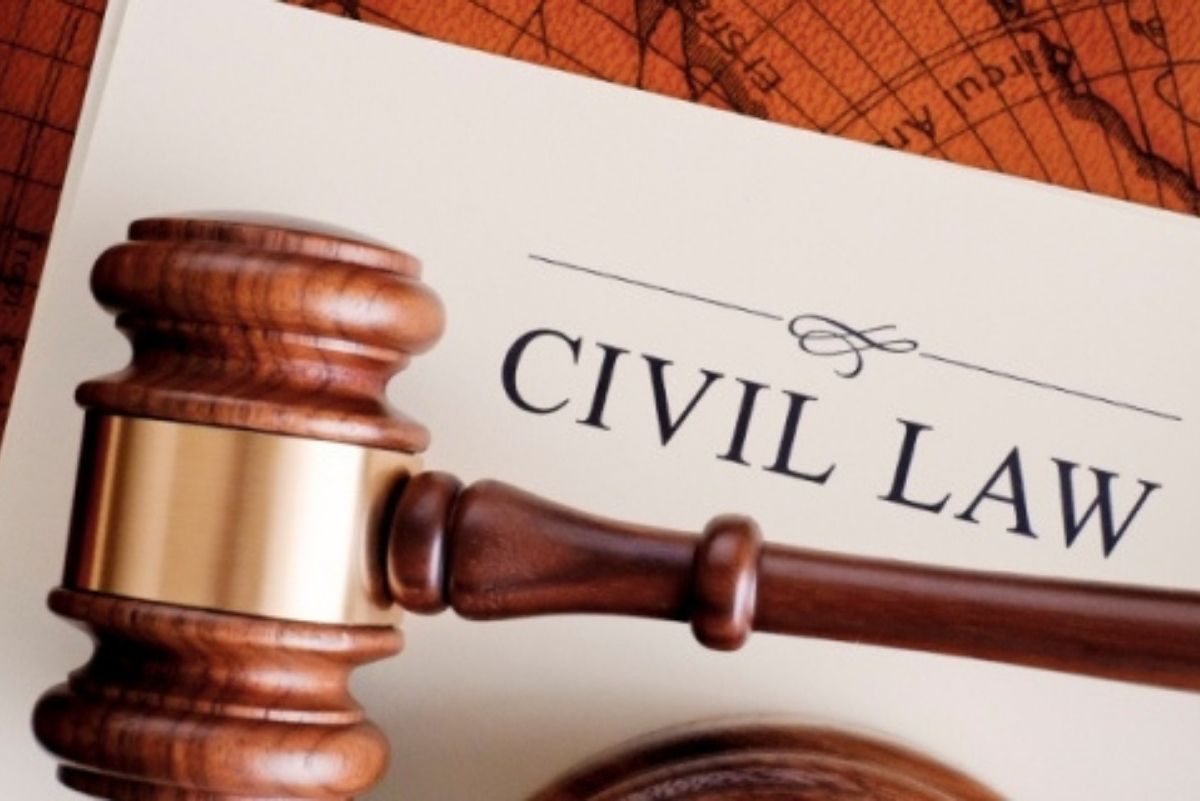The civil legal system forms the cornerstone of legal proceedings in many countries, operating alongside other systems such as the common law legal system. Understanding the nuances of the legal system definition and components is crucial for anyone navigating legal matters. In this guide, we’ll delve into the intricacies of the civil legal system, explore the role of the judiciary, and examine the significance of precedent in shaping legal outcomes.
Unraveling the Civil Legal System
The civil legal system encompasses a broad array of laws, regulations, and procedures governing disputes between individuals, organizations, and entities. Unlike the criminal legal system, which deals with offenses against the state, the civil legal system focuses on resolving conflicts and providing remedies for harm suffered by individuals or groups.
In a common law legal system, legal principles are derived from judicial decisions and precedent rather than from statutory laws enacted by legislatures. This system places a significant emphasis on the role of courts in interpreting and applying the law, with judges playing a central role in shaping legal outcomes.
Legal System Definition and Components
The legal system definition and components encompass various elements that work together to ensure the administration of justice:
- Laws and Regulations: These are the rules and guidelines established by legislative bodies to govern conduct within society. They provide the framework within which legal disputes are resolved.
- Judiciary: The judiciary, comprised of judges and courts, is responsible for interpreting and applying the law. Judges play a crucial role in adjudicating disputes, issuing rulings, and ensuring that justice is served.
- Legal Professionals: Legal professionals, including attorneys, solicitors, and barristers, play a vital role in representing parties involved in legal proceedings. They provide legal advice, advocate on behalf of their clients, and help navigate the complexities of the legal system.
- Legal Institutions: Legal institutions, such as law schools, bar associations, and legal aid organizations, contribute to the functioning of the legal system by educating future legal professionals, promoting ethical standards, and providing access to justice for all.
The Judiciary in the Legal System
The judiciary in the legal system serves as the backbone of the civil legal system, ensuring that laws are interpreted and applied fairly and impartially. Judges preside over court proceedings, hear evidence presented by parties, and render decisions based on the law and precedent.
Judges are appointed or elected to their positions, depending on the legal system in place in a particular jurisdiction. They are expected to uphold the principles of justice, fairness, and the rule of law, and to apply the law impartially without bias or favoritism.
Role of Precedent in the Legal System
One of the defining features of the legal system is the role of precedent in shaping legal outcomes. Precedent refers to previous court decisions that establish a legal principle or rule to be followed in subsequent cases involving similar issues or facts.
In a common law legal system, precedent plays a central role in judicial decision-making. Courts are bound by the decisions of higher courts within the same jurisdiction, creating a hierarchy of authority that guides legal interpretation and application.
Precedent provides stability, predictability, and consistency in the legal system, ensuring that similar cases are treated similarly and that the law evolves gradually over time. However, it is not inflexible, and courts have the authority to depart from precedent in certain circumstances when warranted by changes in societal values, legal principles, or factual circumstances.
FAQs: Common Questions about the Legal System
Q: What is the difference between the civil legal system and the common law legal system?
A: The civil legal system focuses on resolving disputes between individuals or entities through the application of statutory laws and regulations, while the common law legal system relies on judicial decisions and precedent to interpret and apply the law.
Q: What are the main components of the legal system?
A: The legal system comprises laws and regulations, the judiciary, legal professionals, and legal institutions that work together to ensure the administration of justice.
Q: How are judges appointed or elected in the legal system?
A: Judges may be appointed by government officials or elected by the public, depending on the legal system and jurisdiction. They are expected to uphold the principles of justice and impartiality in their decisions.
Q: What is the significance of precedent in the legal system?
A: Precedent provides guidance and consistency in judicial decision-making, ensuring that similar cases are treated similarly and promoting stability and predictability in the law.
Q: Can courts depart from precedent in the legal system?
A: Yes, courts have the authority to depart from precedent in certain circumstances when warranted by changes in societal values, legal principles, or factual circumstances. However, they do so cautiously and with careful consideration of the consequences.
In conclusion, understanding the civil legal system and its components is essential for anyone navigating legal matters. By recognizing the role of the judiciary and the significance of precedent in shaping legal outcomes, individuals can better comprehend the complexities of the legal system and ensure that their rights and interests are protected.



